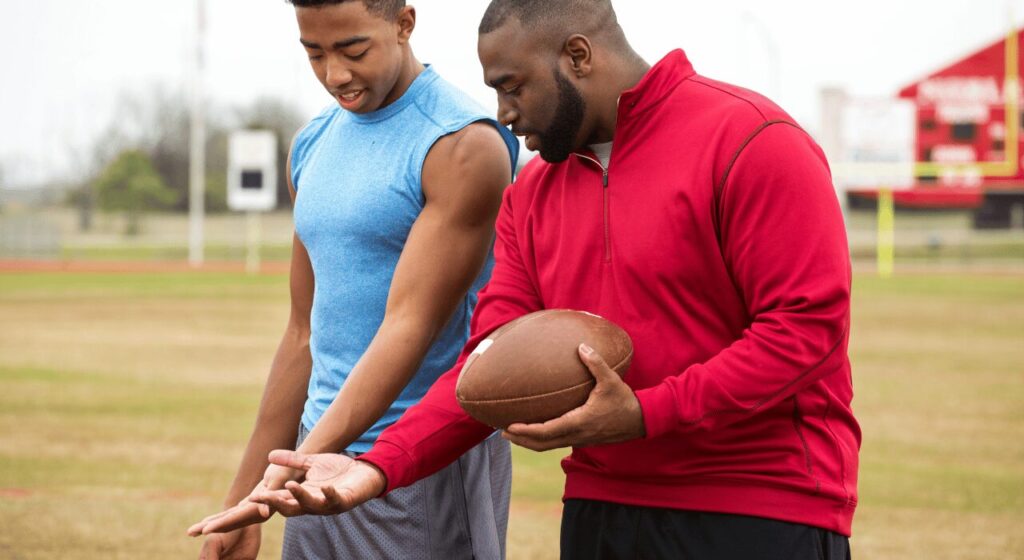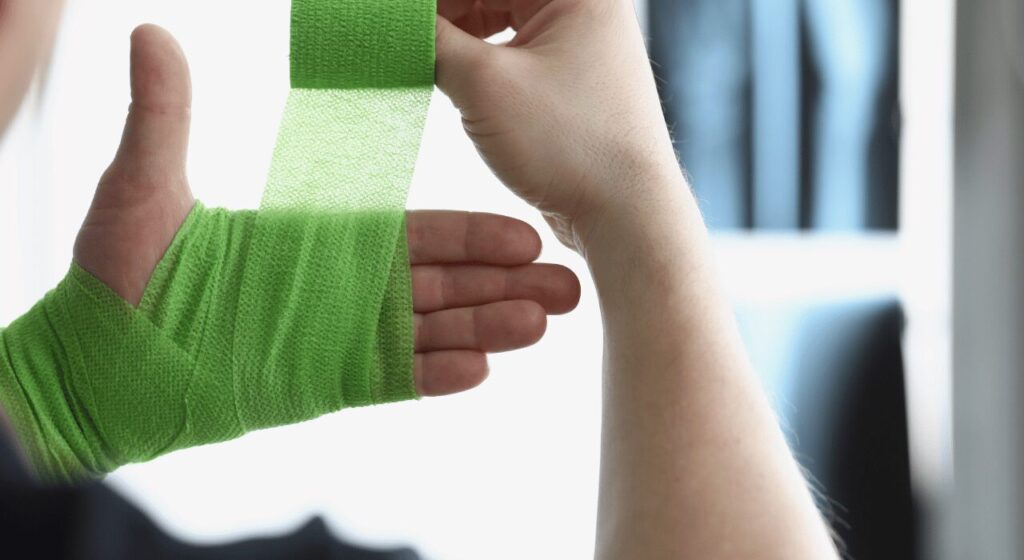Engaging in sports activities provides numerous physical and mental health benefits, promoting overall well-being and personal growth. However, it’s important to prioritise injury prevention to ensure a safe and enjoyable sporting journey. By following some simple guidelines and adopting preventive measures, athletes of all levels can significantly reduce the risk of sports-related injuries. Let’s explore key strategies to help you stay in the game and prevent common sports injuries.
1. Warm-Up & Stretching
One of the most crucial steps in injury prevention is a proper warm-up routine. Begin your training sessions or games with a dynamic warm-up routine that includes light cardiovascular exercises to get your body ready for the activity. Follow this with dynamic stretches that mimic the movements of your specific sport. Warming up increases blood flow, loosens muscles, and enhances flexibility, reducing the risk of muscle strains and tears.
2. Strengthening & Conditioning
Building strength and endurance is vital to prevent sports injuries. Regular strength training exercises that target the major muscle groups can help stabilise and protect joints, reducing the risk of sprains and strains. Incorporate exercises such as squats, lunges, planks, and resistance band training into your workout routine. Additionally, maintaining a well-rounded conditioning program that includes cardiovascular exercises will improve overall fitness, enhance performance, and reduce the likelihood of injuries.
3. Proper Technique & Skill Development

Mastering the correct techniques and skills for your chosen sport is crucial for preventing injuries. Seek guidance from experienced coaches or trainers to ensure proper form and technique. Learning to land safely, pivot correctly, and manoeuvre efficiently can significantly reduce the risk of traumatic injuries, such as ligament tears or fractures. Prioritise quality coaching and practice regularly to refine your skills and minimise injury risk.
4. Use Protective Gear
Wearing appropriate protective gear is a fundamental aspect of injury prevention in many sports. Invest in high-quality equipment, such as helmets, mouthguards, goggles, knee pads, or shin guards, depending on the specific demands of your sport. Properly fitted gear provides crucial support, absorbs impact, and guards vulnerable areas against potential injuries.
5. Listen to Your Body
Understanding and respecting your body’s limits is crucial in injury prevention. Pushing beyond your capabilities or ignoring warning signs of fatigue and pain can lead to overuse injuries or more severe damage. Rest and recovery are equally important as training itself. Allow your body ample time to recuperate, incorporate rest days into your schedule, and prioritise sufficient sleep and hydration. If you experience persistent or worsening pain, consult a medical professional promptly.
6. Maintain a Balanced Lifestyle
A holistic approach to injury prevention includes maintaining a balanced lifestyle off the field as well. Proper nutrition, hydration, and adequate sleep are essential for maintaining overall physical health and resilience. Regularly cross-training and engaging in low-impact activities can help prevent overuse injuries and enhance overall fitness. Aim for a well-rounded lifestyle that supports your athletic endeavours while promoting your overall well-being.
Key Strategies
Preventing sports injuries requires a proactive and disciplined approach. By incorporating warm-up routines, strength training, proper technique, protective gear, and maintaining a balanced lifestyle, athletes can significantly reduce the risk of injuries and enjoy their sporting journey to the fullest. Remember, injury prevention is a lifelong commitment to your physical health and athletic development.
Stay safe, be mindful, and enjoy the joy of sports while minimising the risk of injury.
















